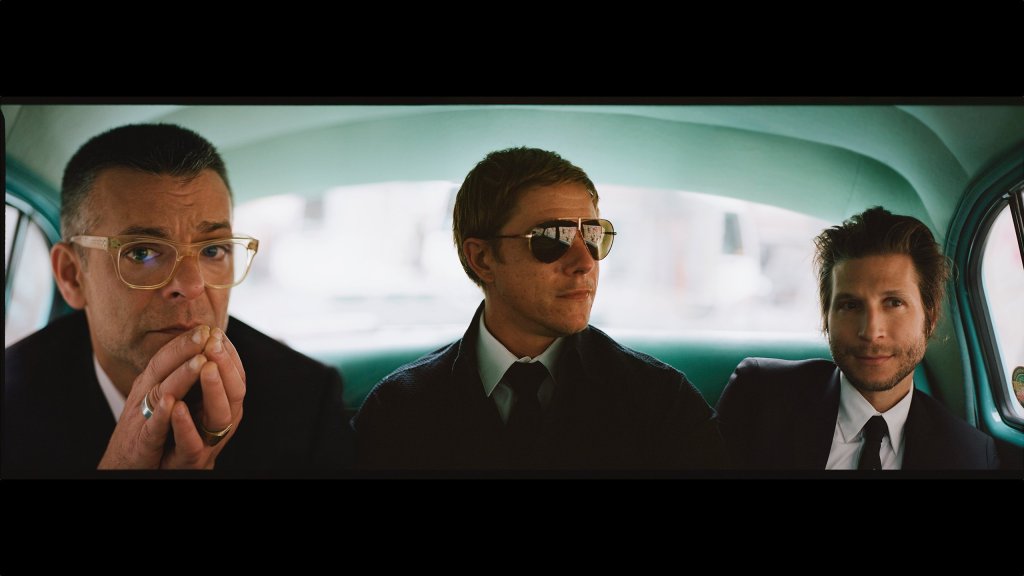Interpol’s sixth album takes its title from a facet of frontman Paul Banks’ personality. The Marauder, they’re a dark figure. Charismatic, magnetic, but destructive too. A danger to all but themselves.
And if the accompanying press is to be believed, it’s a persona best left to the past. Yet this gives rise to a question — if this hard-partying frontman has…












